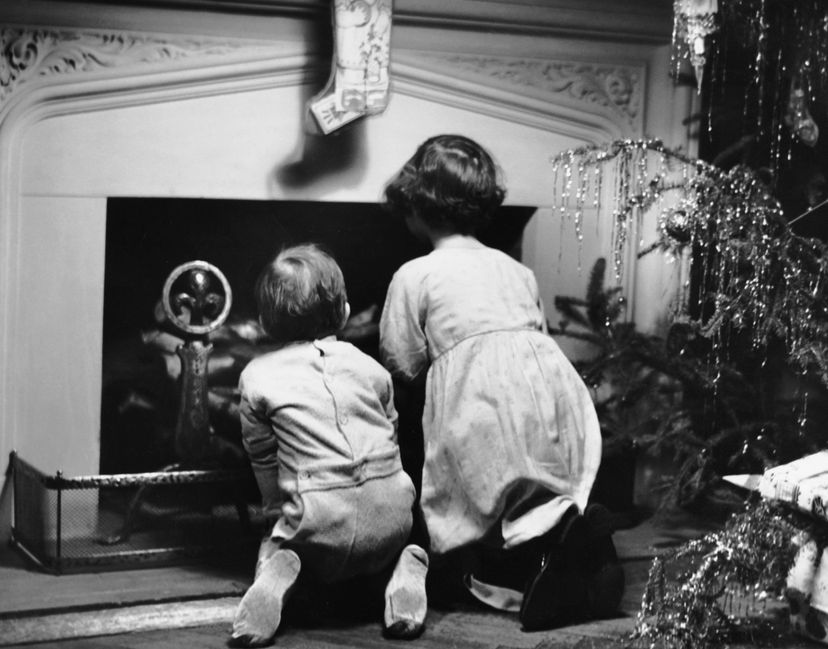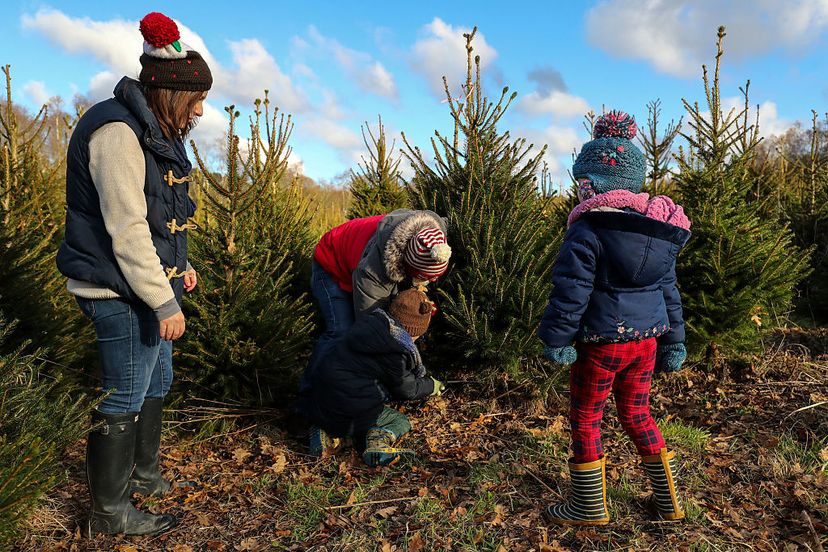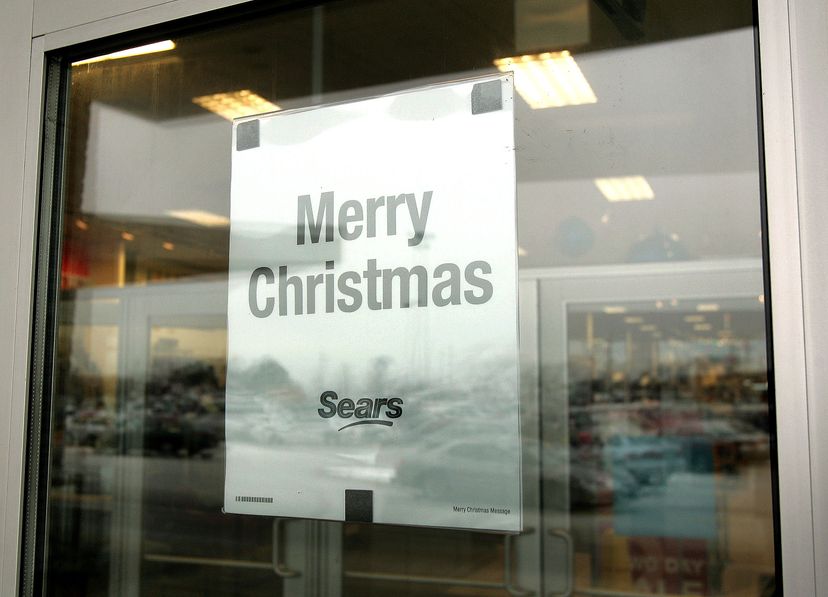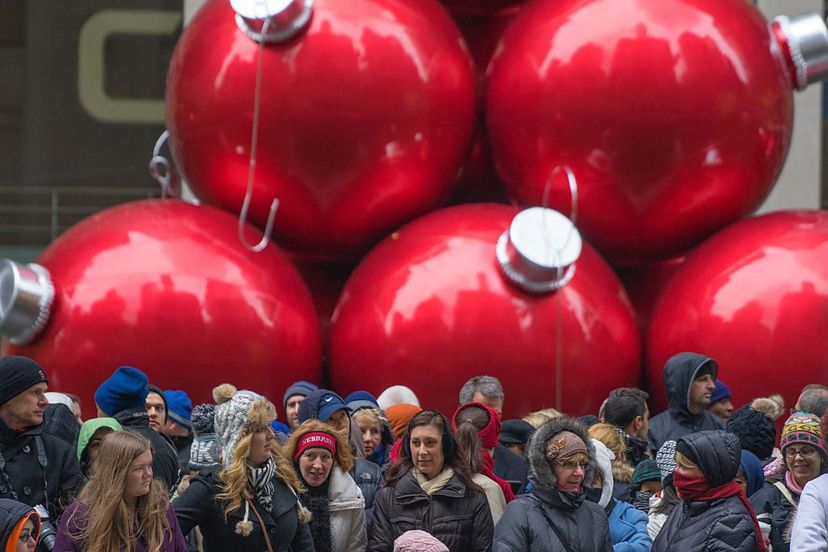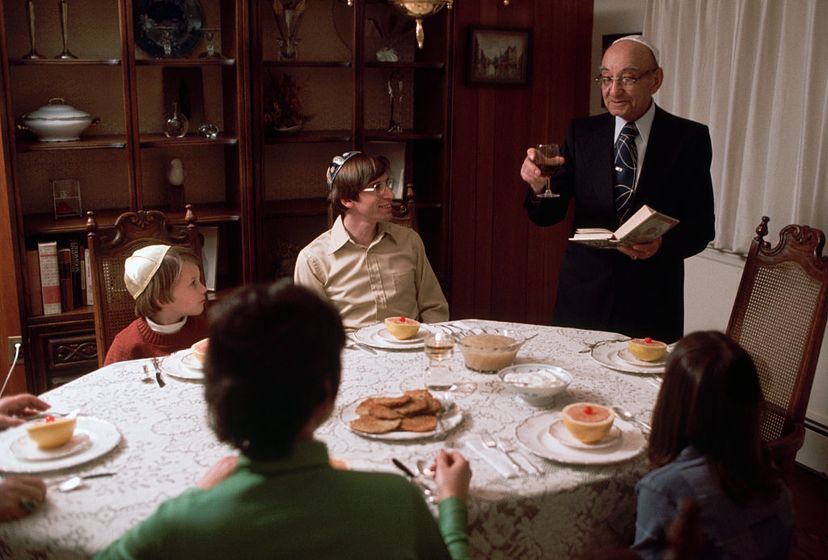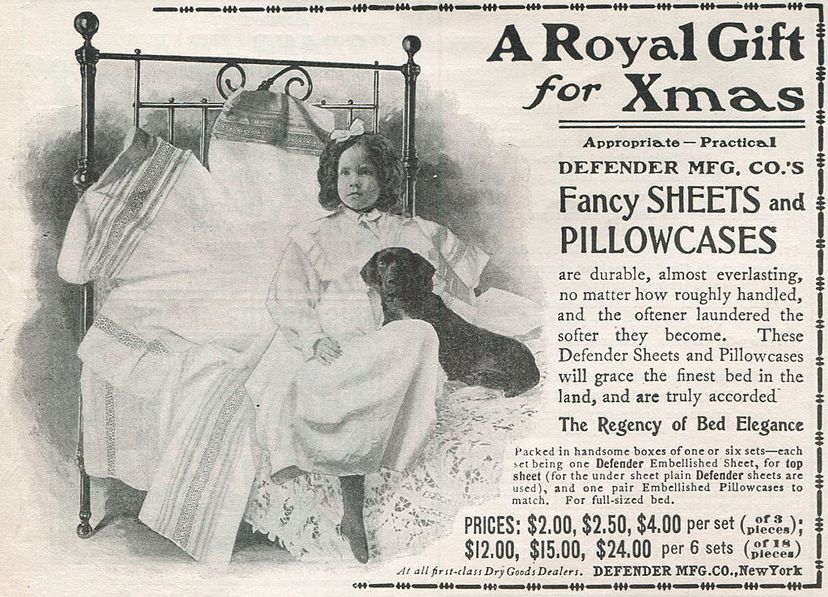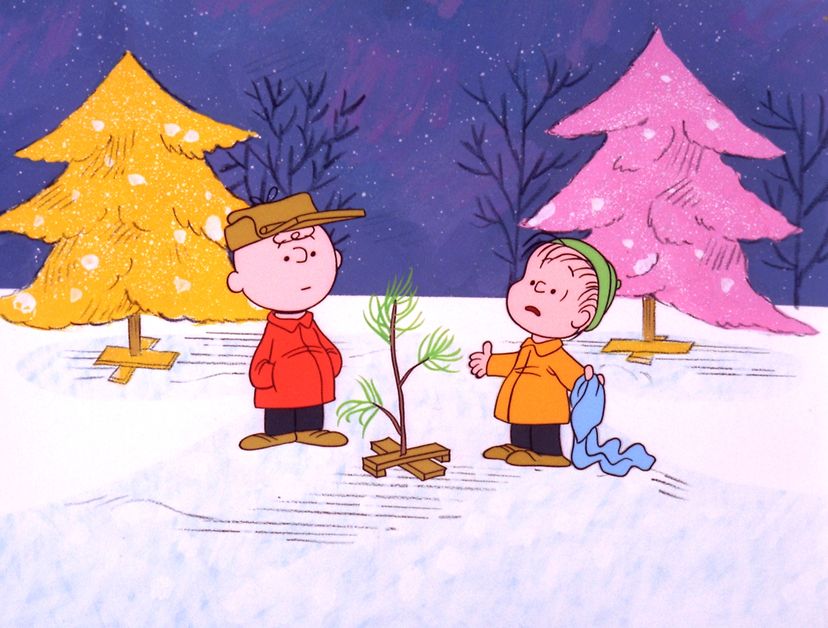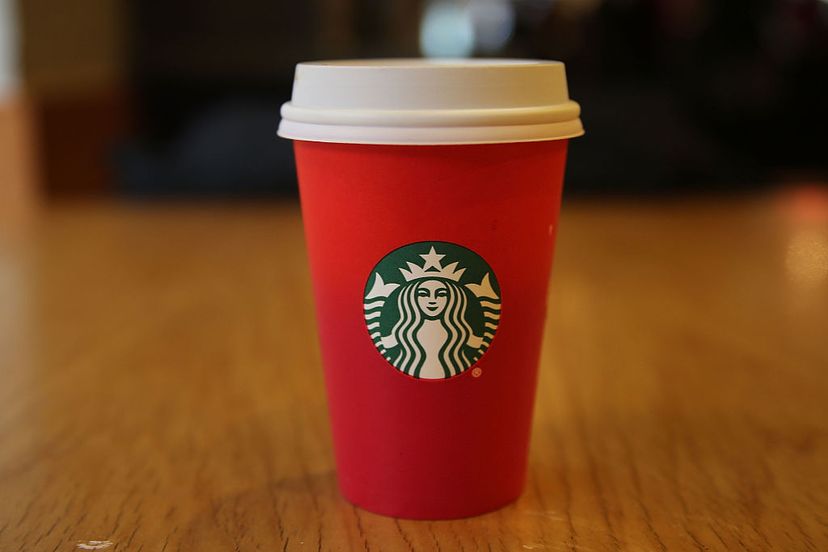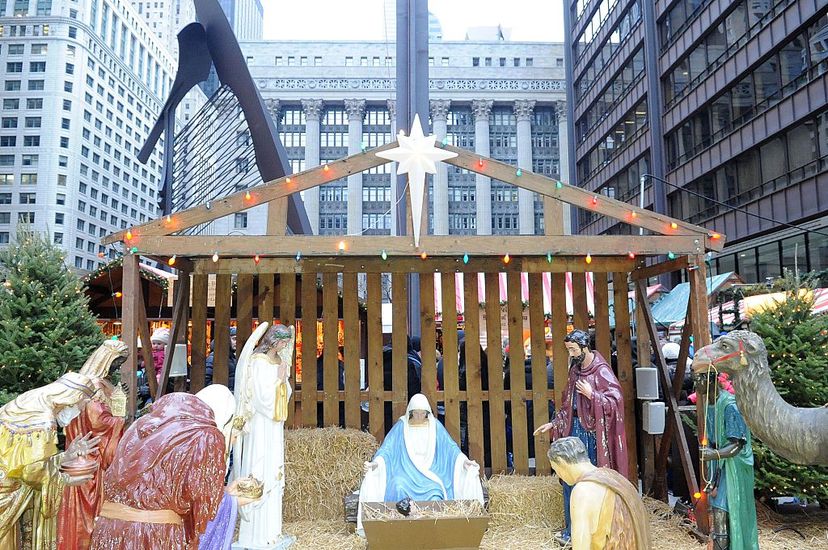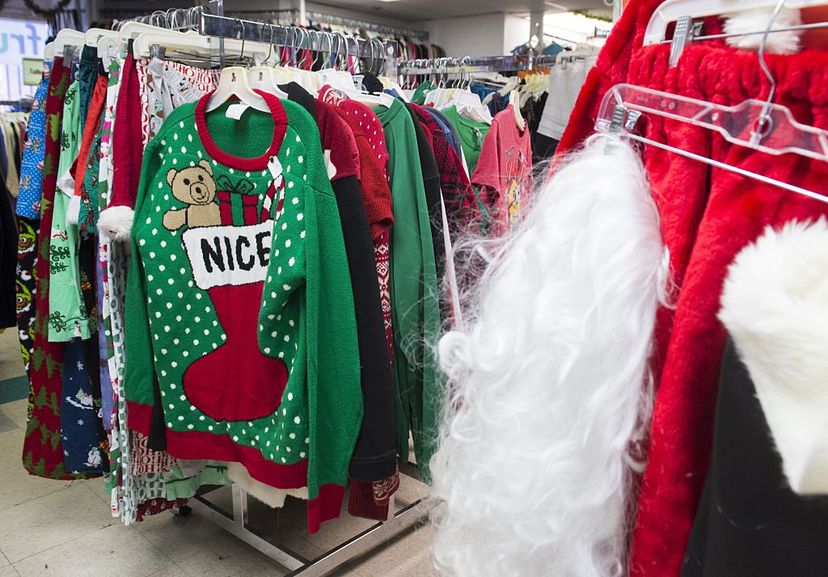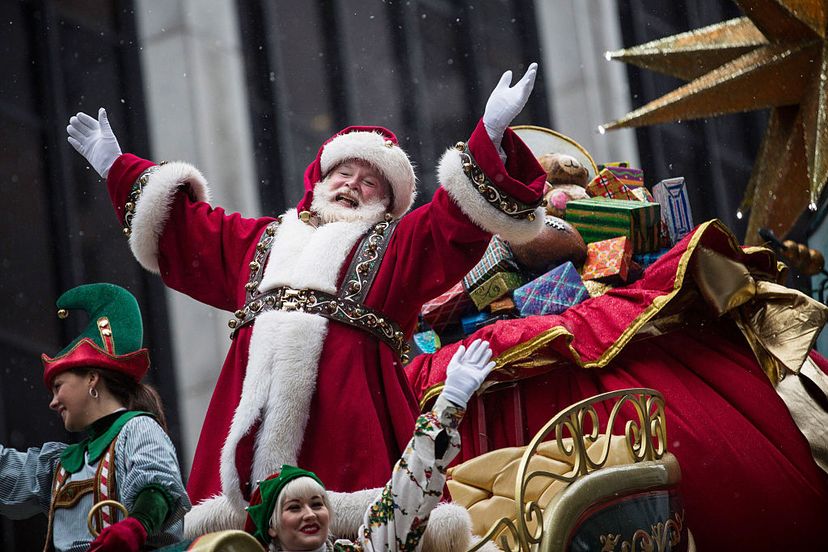
You might have heard about the Birmingham city council in England deciding in 1998 to rename Christmas as Winterval, in order to be politically correct. Except it never happened. The term was on a list from the city's marketing team, which was trying to come up with a phrase to cover 41 different activities offered in Birmingham over the winter season. However, the story was picked up by mainstream media and repeated so many times, it was still being corrected in 2011 [source: Arscott].
That's just one example of a Christmas controversy. It seems the holiday, ostensibly dedicated to spreading joy, feasting and merry-making, is always mired in one contention or another. Some people think Christmas is too commercial; others think it is too religious — or not religious enough. Some find the very word offensive — others take offense to substitute words like "holiday." Some folks believe there is a war on Christmas. Others believe the only war is the hubbub stirred up by people who think there is a war on the holiday. Controversy is nothing new. The early Puritans banned Christmas celebrations in New England, deeming them too pagan.
Advertisement
The website DefendChristmas.com has been conducting a poll for the past 10 years and says that 95 percent of respondents just don't want to fight about it. They want to celebrate the holiday however they want.
But another 5 percent are apparently really invested in one outcome or the other. And they get all the media attention. Let's look at 10 hot-button controversies surrounding Christmas and Hanukkah.
